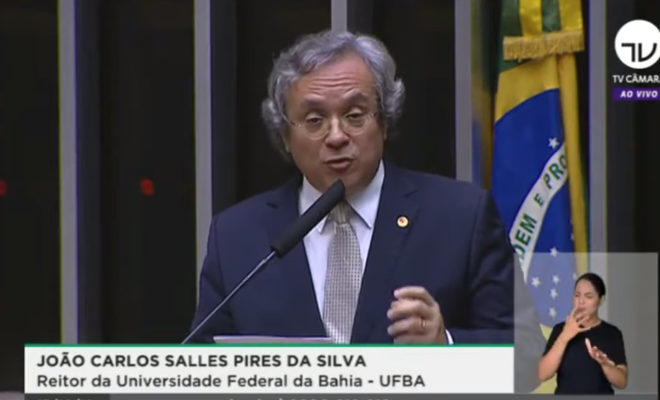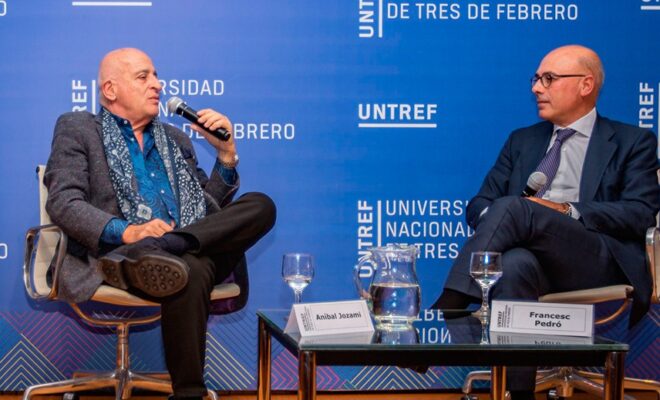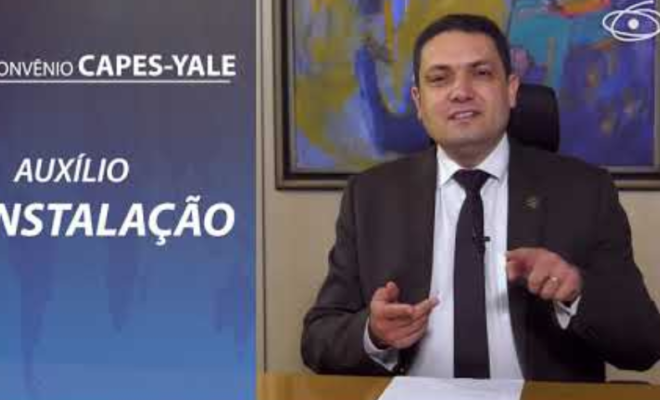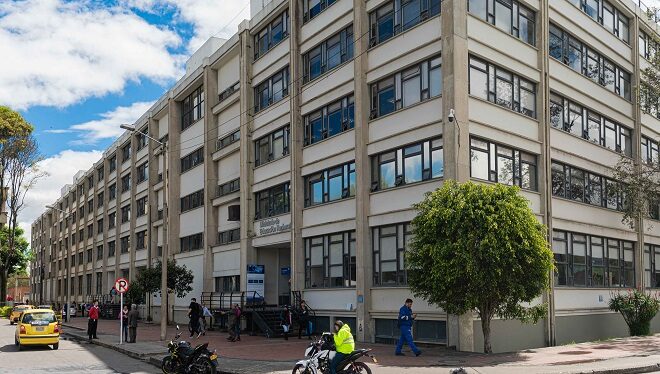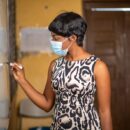IESALC-PMESUT Strategic Program establishes lines of action for Peruvian universities

Since last August 14, 2020, the first start-up meetings of Phase 1 of the Diagnosis of the Program to support the design and implementation of strategies for educational continuity have been held between IESALC and the different higher education institutions.
With Francesc Pedró, IESALC´s director, and Yuma Inzolia, general academic director of the project, at the head, the teams created by the academic coordinators and the project managers have been gathering with the university authorities to establish the first lines of action.
The main objective of these kick-off meetings is to know first-hand the current situation of the universities. How the health emergency affected them and how they have adapted their academic curriculum.
The urgent adaptation to virtual teaching demanded by the national emergency situation has not been easy for universities. Among the adversities they have had to face are the lack of electricity supply in some areas of the country and low connectivity due to the geography of some regions.
The state of health emergency paralyzed education in March. Even so, the effort that has been made by the higher education institutions has guaranteed the continuity of the academic course. Chips with an Internet connection have been delivered and equipment loans have been made to teachers and students that have allowed them to continue with classes in a remote manner.
Many universities have highlighted the push that the pandemic has given towards the implementation of virtual tools within their academic system. Having previously worked on training in the use of technology and the creation of guides for the use of the platforms, has facilitated the adaptation to the remote model. The universities, almost completely, are offering their classes online through the Zoom, Google Meet or Teams platforms.
Among the activities to be outlined, it is worth mentioning the action of the Universidad Nacional de Jaén (National University of Jaen), which has devised a contest to reward the most innovative initiatives of its teachers. Initiatives like this one show the predisposition that universities have towards technological change.
The institute has stressed the need to jointly create a sustainable and scalable model over time that adapts to the needs and context of each university to guarantee the long-term continuity of the project.
Meetings are scheduled for next week (August 24-28) to continue delving into the diagnostic phase, in which surveys and interviews will be carried out to know in a quantitative and qualitative way the reality that currently exists in higher education institutions.
Picture of Pexels-Pixabay
RELATED ITEMS
